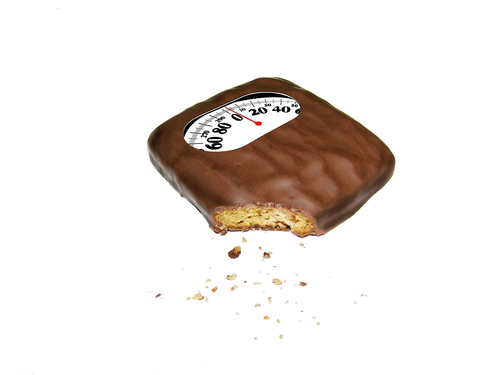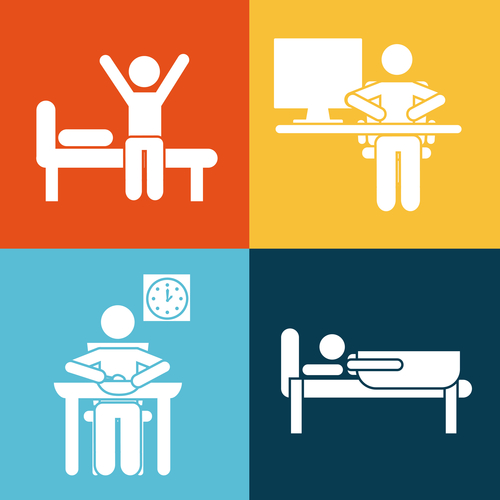I’d like to address something that may not sit well, but that we all need to hear. It’s the never ending excuses we’ve all used to avoid heathy habits. Tell me if these sound familiar…
I’ll start working out next week…next month…at the beginning of the year.
I’m just waiting until I get through this busy period. The kids are in school; I’m starting a new job. As soon as things calm down, I’ll have time for exercise.
It’s easier to eat healthy when I’m not traveling. As soon as my travel schedule slows a bit, I’ll tighten up my diet.
I can’t afford to join a gym right now.
My answer to these comments is this…If you start when you have more time, when it’s more convenient, or when you have more money, will you stop again when things change? Isn’t the point to make exercise and healthy eating a habit that you maintain no matter what life’s circumstances are?
In the words of Edward Stanley, “Those who think they have not time for bodily exercise will sooner or later have to find time for illness.”
Here’s the point – time is a valuable commodity. I know you’re busy. We all are. And if you’re looking to “find time” to exercise, you won’t be successful. We need to make time. I can’t help you with freeing up time in your schedule. But I can provide tools to make change easier.
O.K…So how do I make time when I have such a busy schedule and other obligations like family and work?
The key to change is starting small – and each of those words is important…
First, you must start. Despite the many attempts at products trying to simplify health and fitness, nothing will work unless you make the decision to do something and follow through with it. So, there’s the first step…deciding and doing.
Secondly, the way to implement change isn’t to go all-in with a wholesale change. For example, if you haven’t been working out, it’s not realistic to say “I’m going to go to the gym every day for an hour workout.” Even if you are able to meet this initial goal, it is not sustainable. Soon, you will find yourself falling short of those very high standards, and this will lead to disappointment and demotivation.
Yes, having a goal is important. But when you’re starting out, establishing behavior is more important than reaching a goal. For example, if your goal is to lose 10 pounds, start with smaller objectives of exercising 3 times each week. This leads to a consistent behavior that you can build upon, either with longer sessions or more sessions per week. Your weight loss goal, then, will be a by-product of the healthy behavior you have implemented. (And you’ll reap other benefits from this behavior too!)
A sample behavior could be to aim for 30 total minutes of exercise each week, or 10 minutes per session. Can you spare 30 minutes over the course of a week? No? Then start with 15 minutes. Eventually will will find a realistic goal that you can meet. Then, go out and do it. You’ll find that when you do, you’ll begin to make more and more time for healthy habits. And then, you’re well on your way to lifestyle change.
I’ll leave you with a quote I heard recently – “You’re either getting better or getting worse. Nothing stays the same.” If you don’t make a conscious effort and commitment to change…if you just sit there and continue doing what you’ve been doing (or haven’t been doing), your health will not get better. It will, in fact, get worse. That’s what time and age do to us. The way to counter this is by deciding and acting. The time is now…
P.S. If you’re looking for help and a place to start with exercise, consider the TD Fit weekly workouts. They’re specifically designed for the busy individual and can be done at home or on the road.
.
 Four Ways You May be Sabotaging Your Weight Loss Efforts
Four Ways You May be Sabotaging Your Weight Loss Efforts